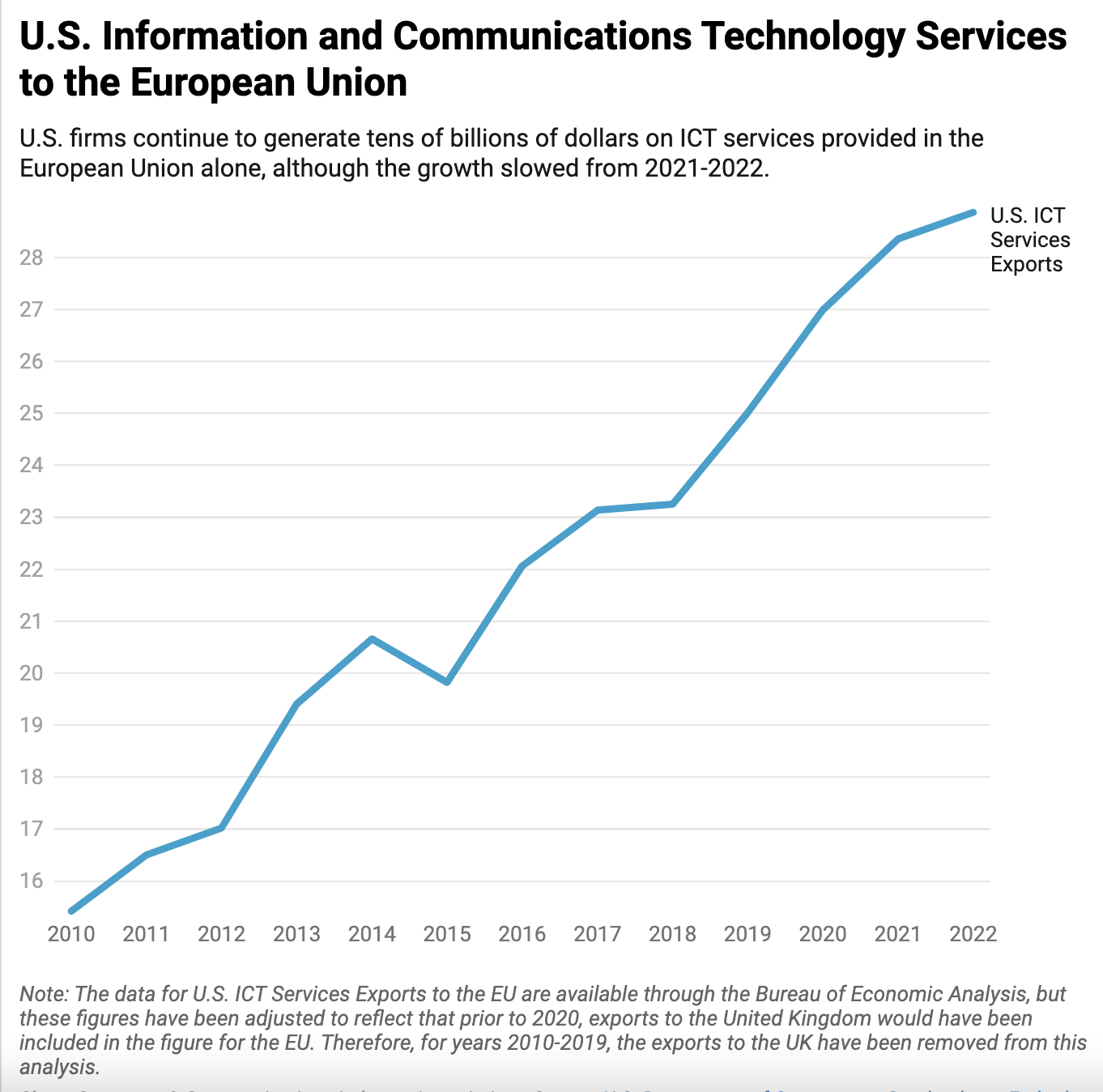Why State Regulation of Online Services Threatens the Internet Economy
As reported by Professor Eric Goldman and others, Congress is again considering problematic legislation to undermine what WIRED Magazine called “the most important law in tech”: Section 230 of the Communications Decency Act (47 U.S.C. § 230).
What is Section 230?
Section 230 is a critical protection for online intermediaries, designed to ensure that when online misconduct occurs, courts and local law enforcement do not ‘shoot the messenger’ by blaming the intermediary instead of the bad actor. Section 230 was passed to avert the risk of unpredictable liability for online services, which federal courts have said would be “an obvious chilling effect” on speech.
Before Section 230, ISPs were exposed to legal risk if they policed their services for abuse and misconduct: courts had concluded that once you start looking for needles, you’re effectively the author of the entire haystack. Perversely, taking content down meant intermediaries assumed responsibility for the billions of posts that they did not take down. By enacting Section 230, Congress encouraged ISPs to be good actors, and to police content for bad actors without fear that they would face guilt by association in the event that bad actors manage to escape detection.
The websites, ISPs, hosts, advertising networks, and other services that depend on Section 230 have come to be a cornerstone of the Internet and the U.S. economy. One recent study estimated that sites providing “user-generated” content add $44 billion to the U.S. economy and 425,000 jobs.
Section 230 has no effect on federal criminal law, but it does prevent state criminal laws from being applied to online intermediaries based on Internet users’ misconduct or crimes. As a result, efforts to undermine Section 230 are frequently proposed by state law enforcement officials who want to regulate the content of online services available in their state.
Threats to Section 230
The most recent campaign pertains to the laudable goal of combatting sex trafficking. For clarity, Congress already passed an anti-trafficking law in 2015 that included provisions regarding advertising and Internet facilitation of these crimes; this is a new round of bills aimed at that same objective.
A Senate bill introduced on Tuesday titled the ‘Stop Enabling Sex Trafficking Act of 2017’ (SESTA) would insert an exception into Section 230 for an unspecified group of civil and criminal state laws. The result is that online intermediaries could be subjected to liability under 50 states’ civil and criminal laws, based on users’ crimes or misconduct.
Proponents of SESTA argue it will only affect services ‘knowingly’ engaged in facilitating illegal activity. In other words, if an online service doesn’t know that crime or misconduct is occurring, this new exception to Section 230 would not apply. If this were so, it would make SESTA a narrower bill. But it isn’t true. SESTA makes clear that Section 230 protection won’t apply in any “State criminal prosecution or civil enforcement action targeting conduct that violates a Federal criminal law prohibiting” trafficking. There’s no restriction to “knowing” conduct, leaving online services exposed to state class actions and politically motivated prosecutions. (In any event, everyone knows bad actors use the Internet.)
An even broader bill introduced in the House in April presents similar, additional problems: the ‘Allow States and Victims to Fight Online Sex Trafficking Act of 2017’ criminalizes considerable conduct beyond ‘knowing’ participation, and specifically targets intermediaries. (It is worth noting that a federal grand jury is already reported to be investigating executives of the site Backpage.com for violations of the 2015 trafficking law. Congress is thus proposing more legislation targeting the same bad actors before prosecutors have had an opportunity to use the new laws.)
These bills are problematic for additional reasons. They expose Internet services to lawsuits and prosecution from broad new classes of litigants beyond federal law enforcement. Whereas federal prosecutors are highly accountable, and can act quickly, cooperating across state and even national borders, state law enforcement are only accountable to their state’s constituencies. (Private trial lawyers, of course, aren’t accountable to any voter.)
The threat of politically motivated state enforcement isn’t a hypothetical risk. As reported in 2014, the Mississippi Attorney General served a 79-page subpoena on Google that had been secretly drafted by Hollywood lawyers. Importantly, these demands were accompanied by ambiguous threats to prosecute the search company over human trafficking. After considerable legal wrangling, the subpoena was struck down under Section 230, a protection that the proposed amendment would remove.
The Mississippi AG wasn’t the first local law enforcement official to engage in politically motivated investigations for entertainment industry interests. In 2008, the New York AG pressured broadband providers into a scheme to throttle and in some cases terminate subscribers on behalf of (New York-based) record labels.
Effects of Undermining Intermediary Protections
The possibility that companies or their personnel could be prosecuted in 50 states for the crimes of others, which they don’t know about, could spell the end of user-posted content. For many Internet services, the most important content is provided by users. Increasing risk for these services would have the unintended consequence of taking us back to the era when services faced legal liability for investigating abuse, misconduct, and criminal activity.
If every action by Internet industry employees dedicated to safety and content moderation could lead to criminal exposure, or provide leverage for a vexatious litigant, we’re likely to see smaller services exit the market. Larger services may engage in mass removal of lawful content. Internet speakers who cannot promise to indemnify intermediaries would be pushed offline, marginalizing voices to whom the Internet has provided a platform. Congress wisely anticipated this risk in the 1990s, which is why Section 230 was enacted in the first place. This foresight contributed to the success of the modern Internet economy. Undermining these protections places that at risk.








